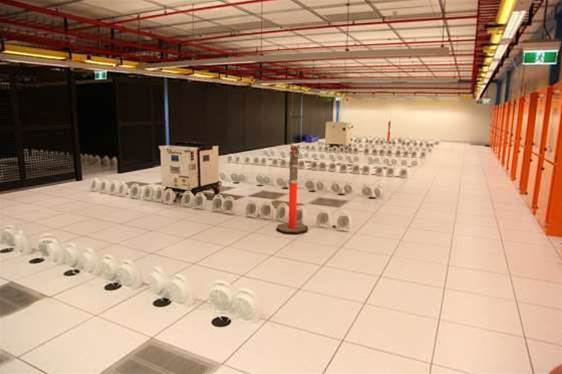This article has been reviewed according to Science X's editorial process and policies. Editors have highlighted the following attributes while ensuring the content's credibility:
fact-checked
trusted source
proofread
Solving burglaries
To much fanfare, the National Police Chief’s Council has announced that police in England and Wales have met their target of attending every domestic burglary scene. This is both welcome news, and a sign of just how low our expectations have fallen.
Over the past three years, police forces have failed to solve a single burglary in nearly half of all neighbourhoods in England and Wales, while charging rates have collapsed from nearly 7 per cent in 2016 to just 3.9 per cent in 2022. Criminals now appear to believe that they can prey upon innocent households with impunity. It is unfortunate that in some cases they may well be correct.

Once, victims of this most intrusive crime could reasonably believe that they would receive a visit from an officer to investigate and reassure the household of its safety, but in recent years this has been far from guaranteed. To some, it has seemed as if forces would instead prefer to focus their energies on “solving” rude behaviour online.

Returning to treating burglary with the seriousness it deserves is a good first step in restoring public confidence and getting on with the business of fighting crime, but it is only that. What the public cares about is not whether officers turn up at a house and tick a box marking their attendance at the scene of the crime, but whether perpetrators are arrested, charged and punished. These outcomes are necessary for incapacitating repeat offenders and deterring would-be imitators.

The intent behind the policy of attendance is admirable, and police forces are to be commended for their efforts in meeting their target. We must now see this intent transformed into meaningful crime-fighting.

















